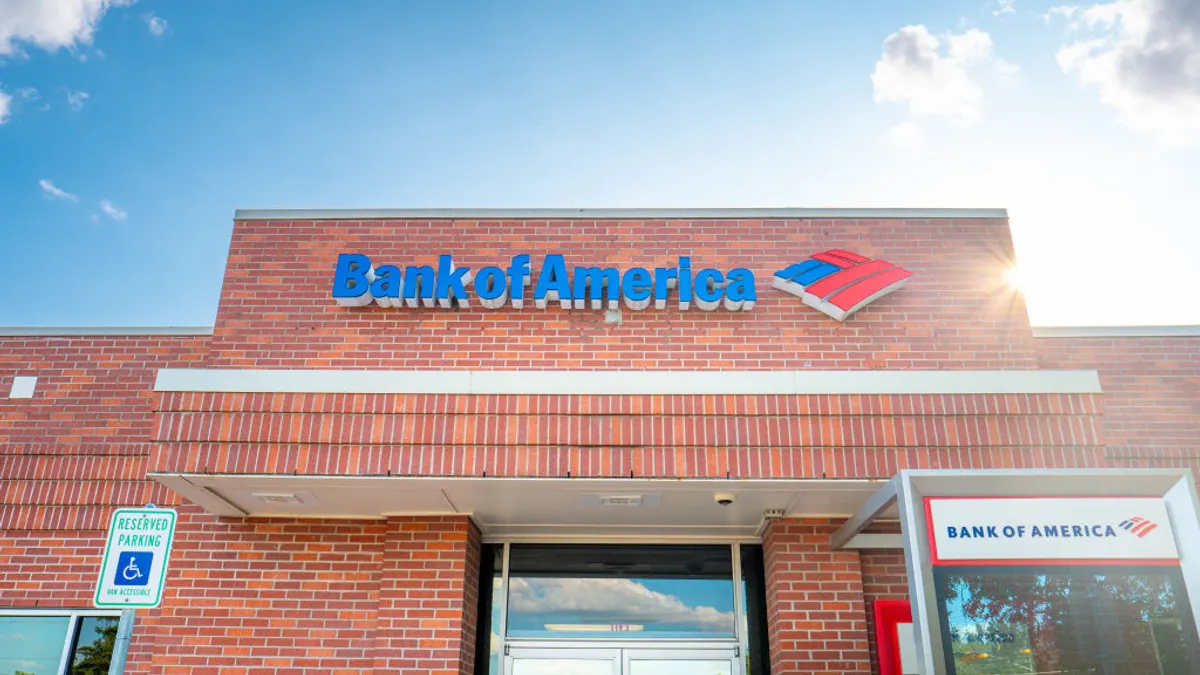Banks may have been given the green light to provide cryptocurrency custody services for their customers following an interpretive letter released by the Office of the Comptroller of the Currency (OCC) last month, but that doesn't mean institutions will rush to offer the services anytime soon.
"It’s going to be a hurdle for many banks — the technology integration of the traditional manner of managing money with this new manner of doing digital custody," said Scott Carlson, head of digital asset security at Kudelski Security.
The OCC's letter says banks are allowed to provide cryptocurrency custody services, as well as hold unique cryptographic "keys" associated with cryptocurrency on behalf of customers.
"[B]anks can continue satisfying their customers’ needs for safeguarding their most valuable assets, which today for tens of millions of Americans includes cryptocurrency," Acting Comptroller Brian Brooks, who once served as chief legal officer for crypto exchange Coinbase, said in a release.
But financial institutions interested in offering the service will first need to make critical decisions on their approach to the technology associated with crypto custody, Carlson said, adding there are three directions banks can take.
"One, they can completely outsource it. Two, they can get a bunch of best-of-breed pieces and link it in with the things they already do — they already have a know-your-customer system, they already have an accounting system, they could plug in pieces from various providers. Or three, they can build it themselves," he said. "There will be some very difficult decisions for some places because many banks are traditionally used to hosting their own everything."
Like all areas of banking, institutions will also need to measure risk.
Bank technologists could view a new crypto custody avenue as an opportunity to learn a new tech, Carlson said, but it will be up to the bank’s risk department to determine whether or not their tech teams have the skill, oversight and technology prowess to take on the venture.
"Security and technology is the foundation of making this work," Carlson said. "If you don't get that right, the entire system could collapse."
Acquisitions or joint ventures could be another strategy for banks that want to tap firms that already have the technical expertise, Seward & Kissel attorneys Paul Clark and Nathan Brownback told CrowdFund Insider.
"[The OCC’s letter] mentions custodying private keys, which is one service that banks can provide, but also allows for 'true' cryptocurrency custody," the attorneys said. "This is easy to say in principle but difficult to do on a practical level."
The measured steps associated with calculating the risks and returns of becoming a crypto custodian, coupled with the pandemic, mean it could take time before banks launch these services.
"It’s not a fast process for U.S. banks in the middle of COVID in 2020," Carlson said.
Overall, the OCC’s letter could help banks become more comfortable with the idea of providing the service, even if it means they’ll take their time in the process.
The OCC’s letter is an "an exciting development for the digital asset space," and one that could result in a trickle down effect, said Robert Norris, a managing principal at consultancy firm Capco. Large banks will be the first to offer crypto custody services, and smaller banks may follow, he added.
"This is groundbreaking news for an asset class that has traditionally lacked federal regulatory clarity regarding institutional custodial services," he said. "There's not a lot of established, well-known names who operate in this space right now, and that is due to what many have perceived as the regulatory risk and their appetite for that risk."
Norris said he expects the OCC will issue further guidance on crypto custody services from a technical perspective in the next couple of months.
"This opens the door to a wider population of asset classes, from a digital assets perspective," he said. "To date, people have been tiptoeing around the issue, and I think what we can see here is the momentum is building up."














